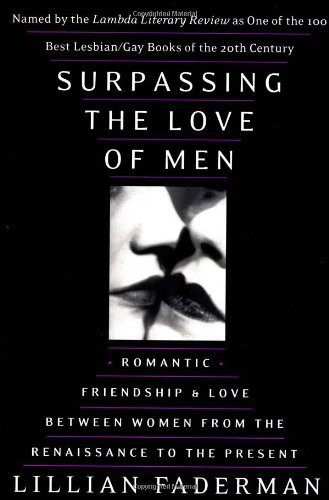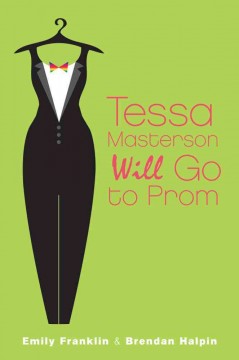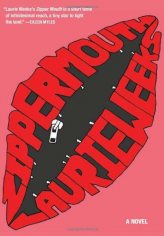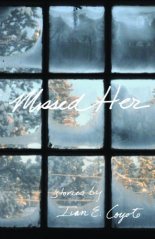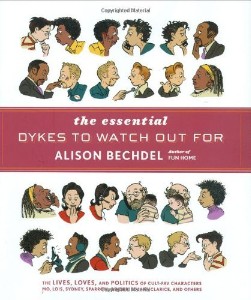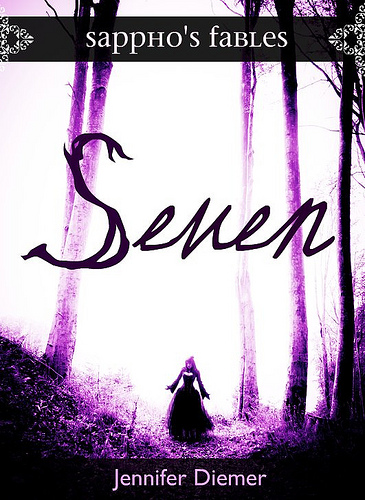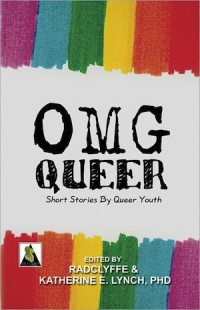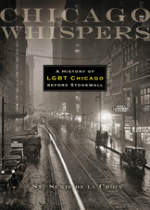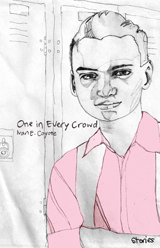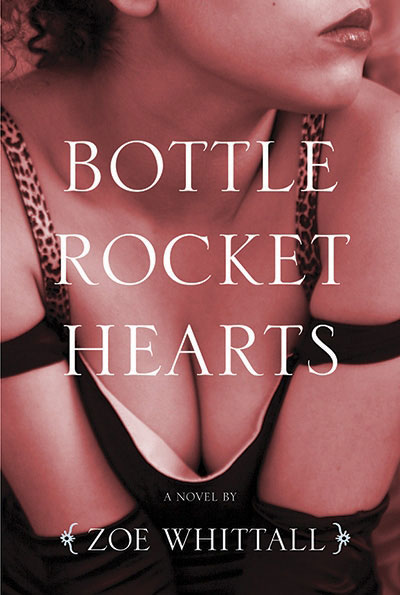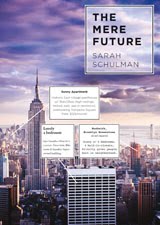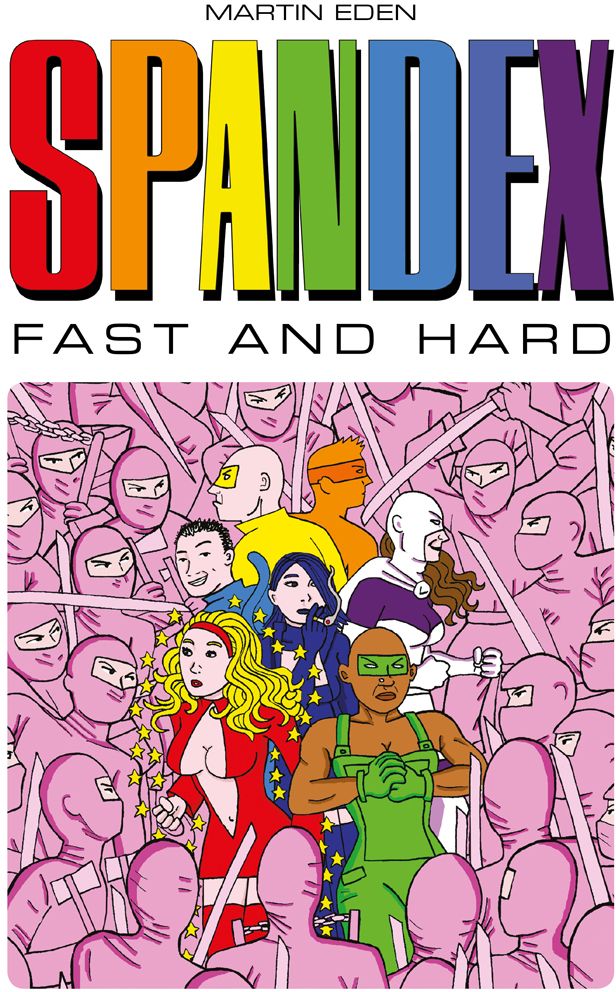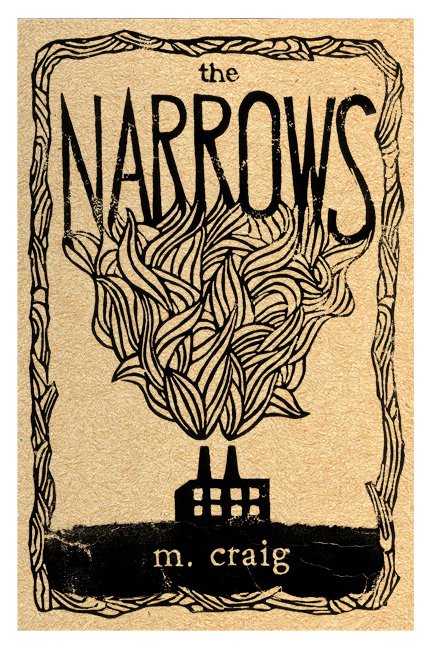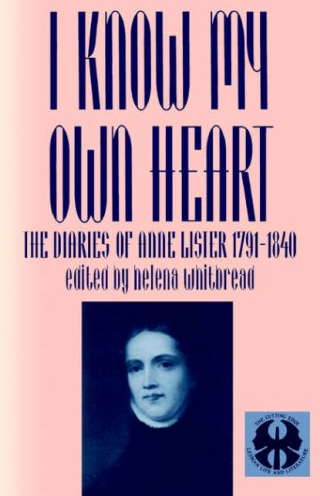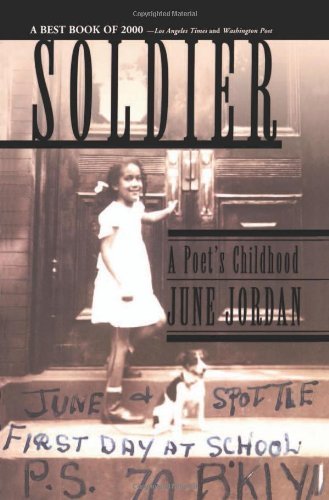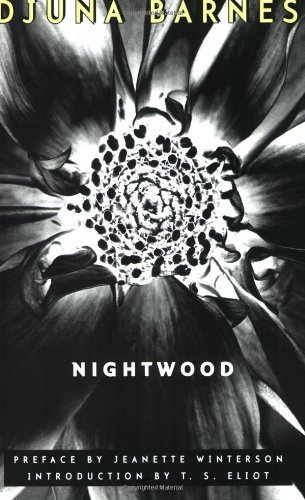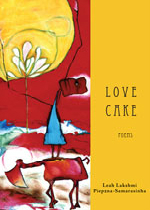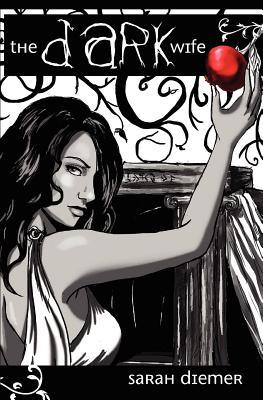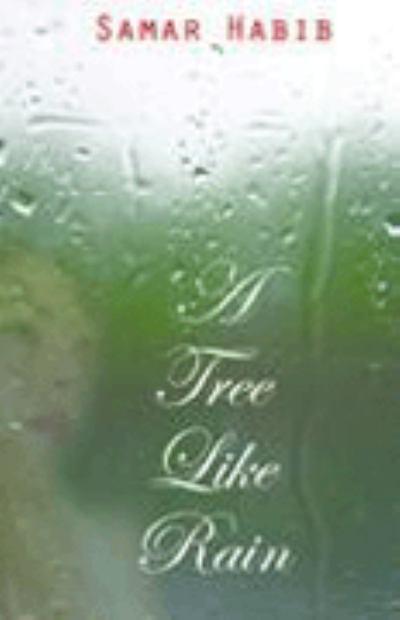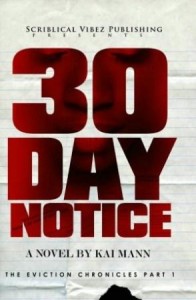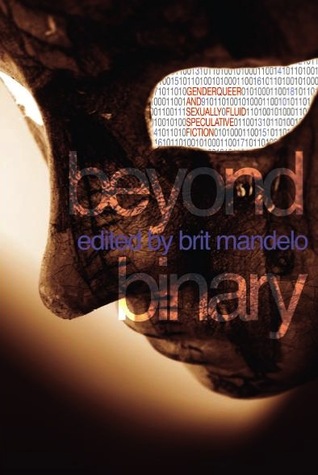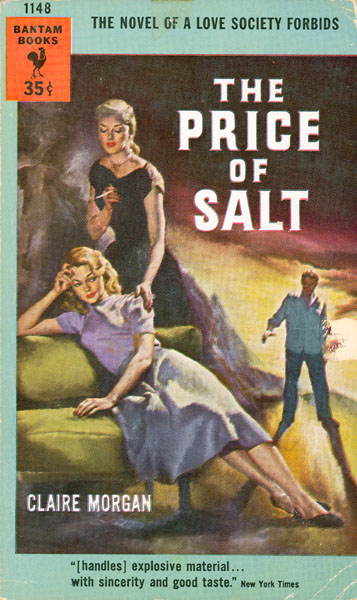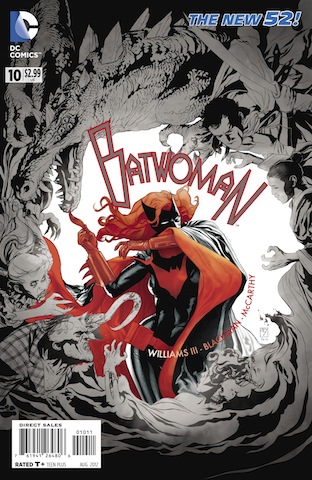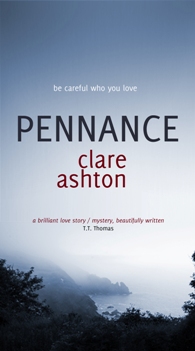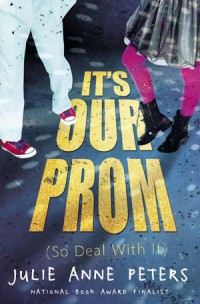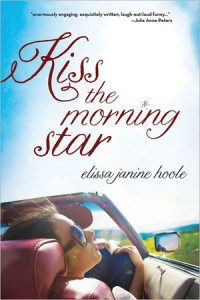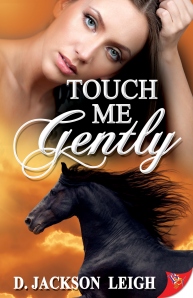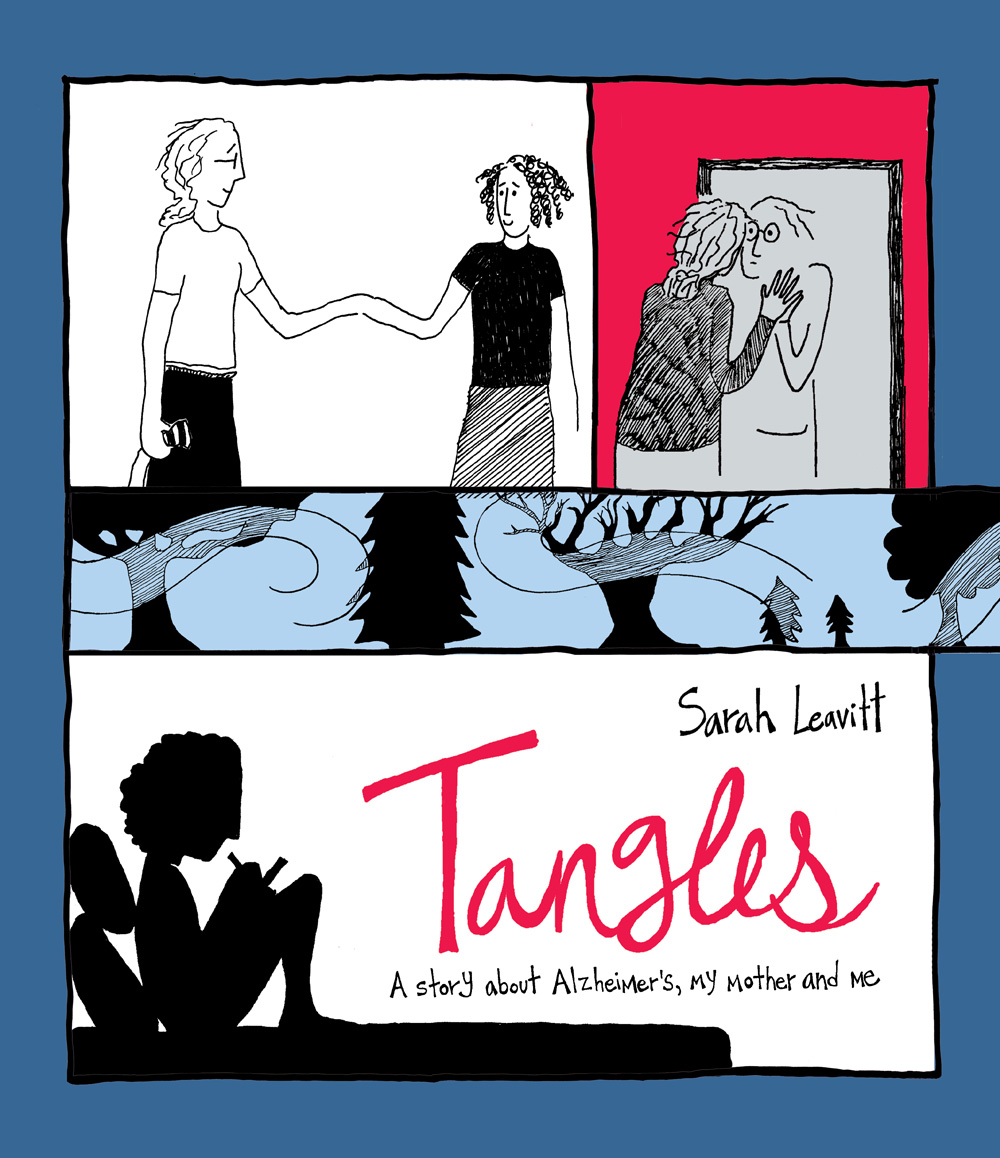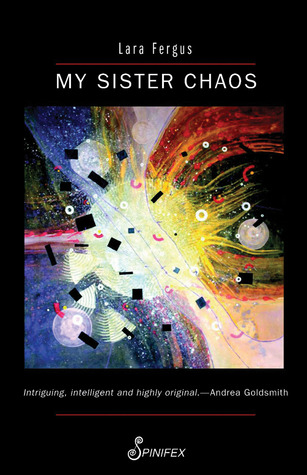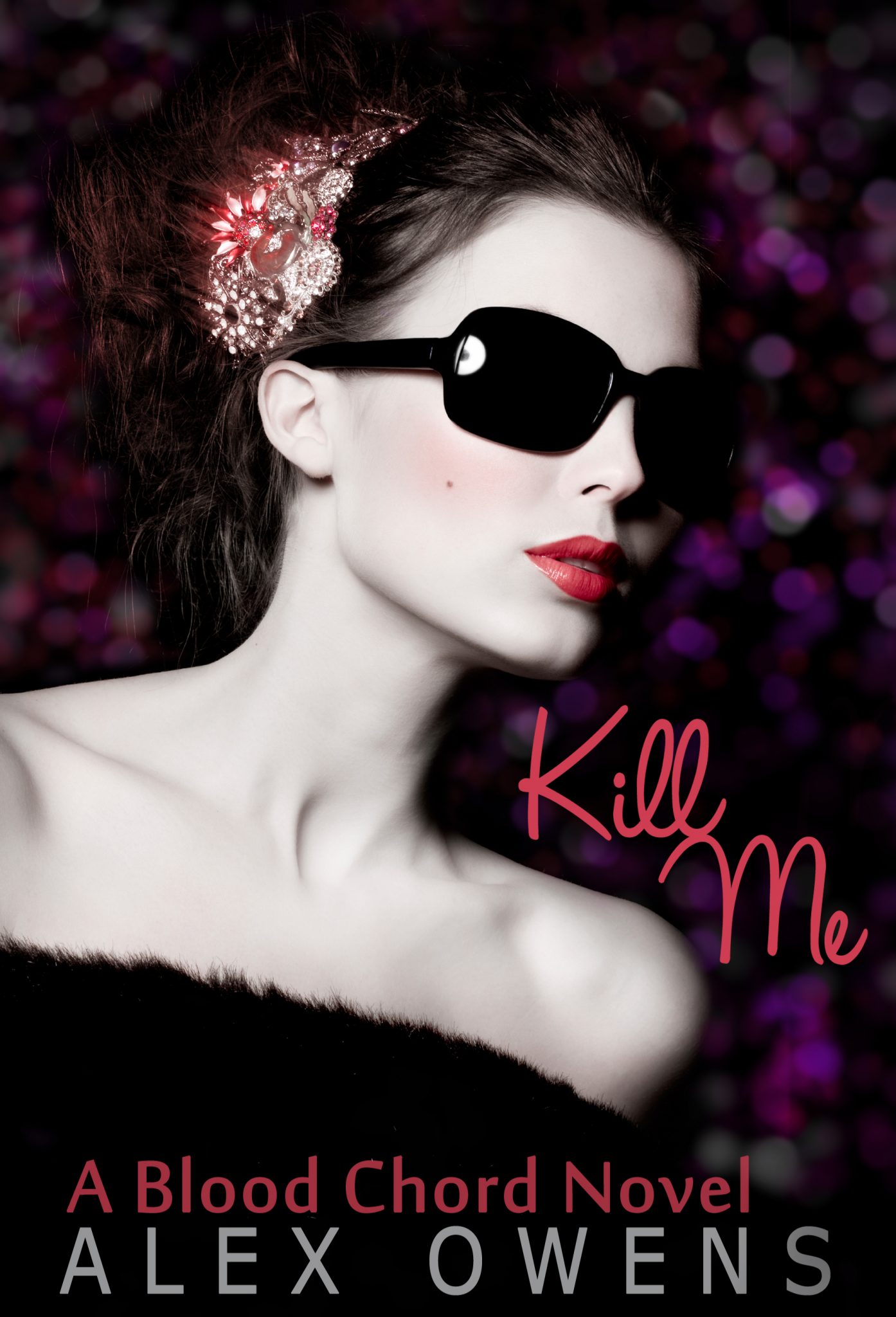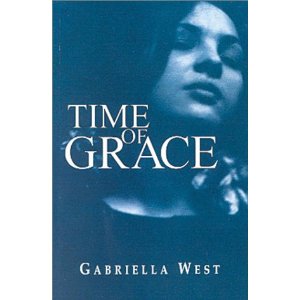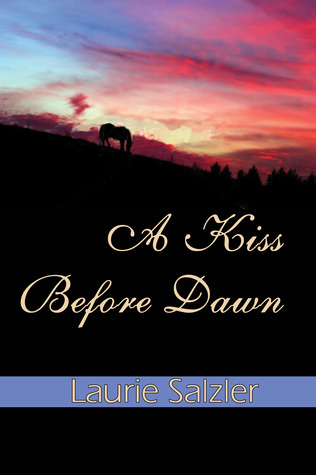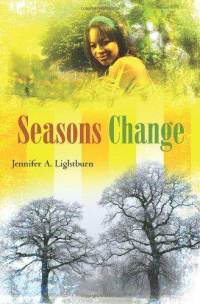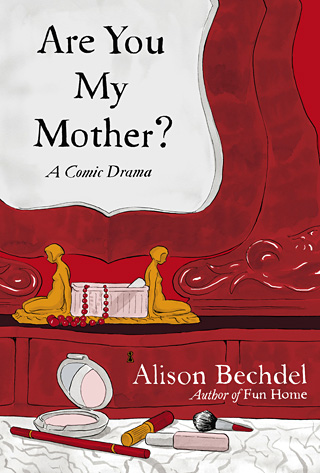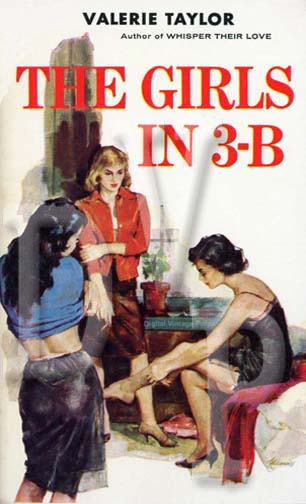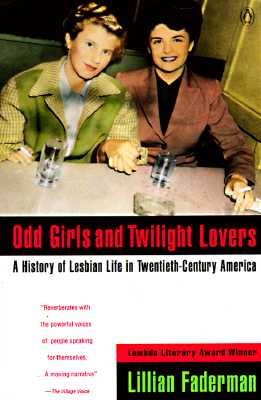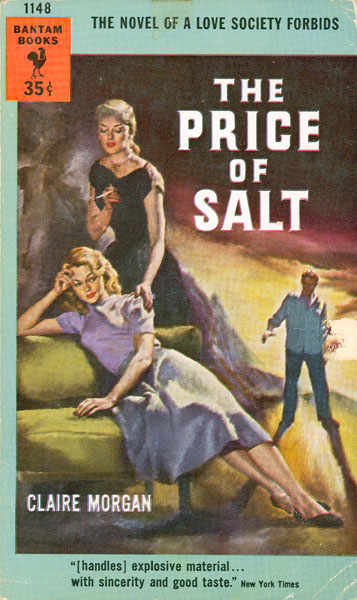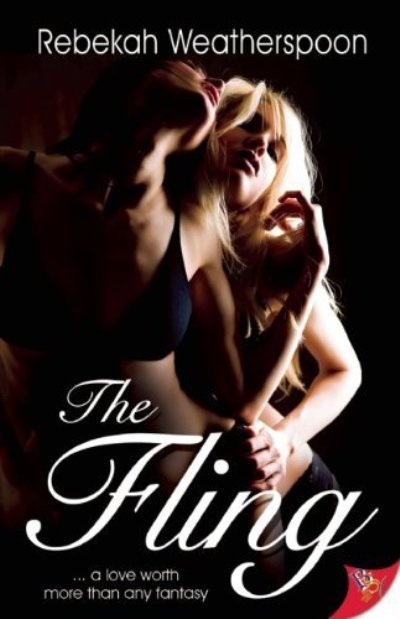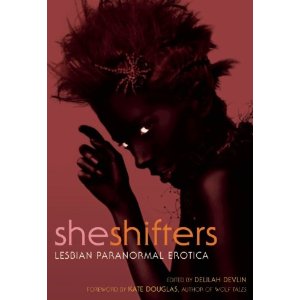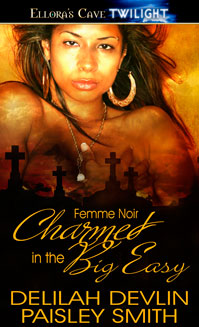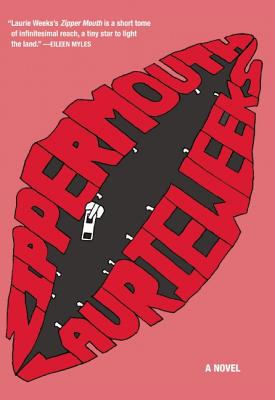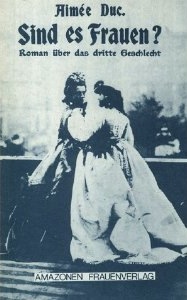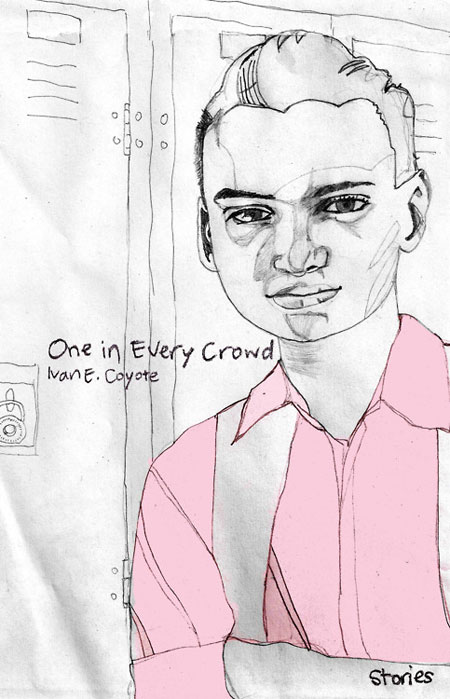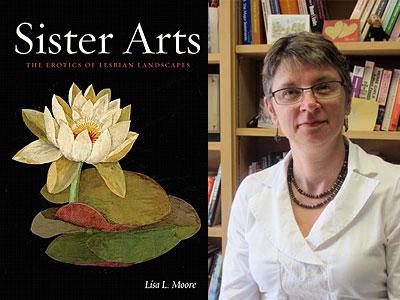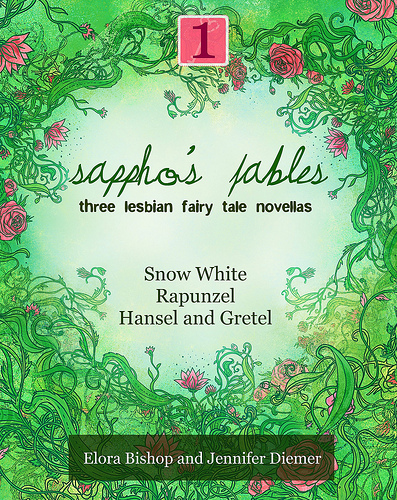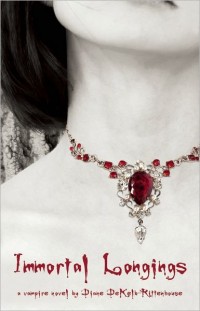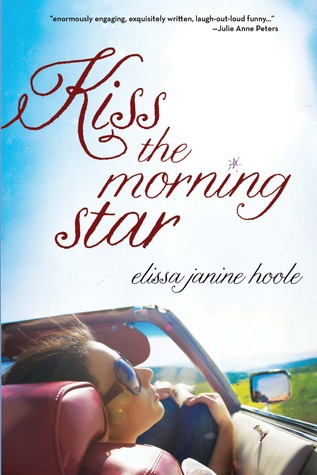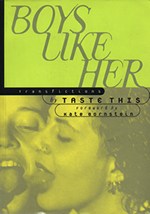The Advocate posted Disney Dykes and Bourbon Street Boys: Authors Lisa Girolami and Greg Herren.
AfterEllen posted
- “It Gets Better” and “The Letter Q”: Two books every queer youth should read
- The best women authors of science fiction and fantasy: Who’s on your list?
- Kate Kane learns an important lesbian lesson in “Batwoman #10”
Autostraddle posted Queering The Library: Collecting Downtown, Riot Grrrl, Feminism & You.
Bella Books posted
- an excerpt from KG MacGregor’s Rhapsody
- an excerpt from In the Unlikely Event by Saxon Bennett
- an excerpt from Being Emily by Rachel Gold
Bold Strokes Books posted Shower Scenes.
Elisa posted
- Rainbow Awards: Cover Contest (May)
- Literary Heritage: Ann Allen Shockley (born June 21, 1927)
- LGBT Ebook and Print Releases June, 2012
- Literary Heritage: Sarah Orne Jewett (September 3, 1849 – June 24, 1909)
Lambda Literary posted
- Introducing the 2012 Emerging Writers Fellows
- Sophia Le Fraga, “one-way glass”
- Employment Opportunity at Lambda Literary Foundation: Lambda Literary Awards Administrator
- a mini link round up
- A Special HOT! Festival Queer Text at Dixon Place featuring Eileen Myles and Rickey Laurentiis
lesbian meets books nyc by Where are all the new lesbian writers?
LGBT@NYPL posted Pride! Book Suggestions for Teens.
Out On the Shelves Library posted Jeanette Winterson on Tapestry and New Titles Out on Our Shelves!
The Outer Alliance posted Outer Alliance Podcast #21: The “Heteronormativity in YA Dystopians” panel from WisCon 36.
Readings In Lesbian and Bisexual Women’s Fiction posted
- Readings welcomes Denise DeSio
- Readings welcomes Sue Hardesty
- Readings welcomes Kieran York
- Readings welcomes Laurie Salzler
“Queering SFF – Pride Month Extravaganza: Spotlight on James Tiptree, Jr. / Alice Sheldon” was posted at TOR.
“Queering SFF – Pride Month Extravaganza: Here, We Cross Edited by Rose Lemberg” was posted at TOR.
“LGBT families denied chance to address board on restricted lesbian book” was posted at The Salt Lake Tribune.
“ACLU seeks records limiting access to lesbian book” was posted at Daily Herald.
“From This Day Forward: Marriage in Gay and Lesbian Fiction” was posted at The New York Times.
Kiki Archer was interviewed at Epiphany.
Sarah Diemer (aka Elora Bishop) posted Once Upon a Lesbian, Or: On the Reclaiming of Fairy Tales and Sparkle Announcement: THE DARK WIFE Wins the Golden Crown Literary Award for Speculative Fiction!
Eloise Healy posted “Three Things This Editor Thinks About” at Metre Maids.
Jae posted Goldie Awards 2012.
Malinda Lo posted YA Pride: 2012 LGBT YA Books, July-September and YA Pride: 2012 LGBT YA by the numbers.
Catherine Lundoff posted Yet more stuff coming up and Saturday catch-up post.
Bett Norris posted Marianne K. Martin, a Winner.
Are You My Mother? by Alison Bechdel was reviewed at LGBTQ Recs Month.
In Another Place, Not Here by Dionne Brand was reviewed by Casey the Canadian Lesbrarian.
Identity by Nat Burns was reviewed at Lambda Literary.
One in Every Crowd by Ivan E. Coyote was reviewed at Quill & Quire.
Chicago Whispers: A History of LGBT Chicago Before Stonewall by St. Sukie de la Croix was reviewed at Lambda Literary.
Fried Green Tomatoes at the Whistle Stop Cafe by Fannie Flagg was reviewed at Novels About Queer People.
Brown Girl in the Ring by Nalo Hopkinson was reviewed by Casey the Canadian Lesbrarian.
Bottle Rocket Hearts by Zoe Whittall was reviewed by Casey the Canadian Lesbrarian.
Also, at the Lesbrary’s tumblr account, I posted a list of book blogs to follow. Those are some of my favourites. But if you’re curious to see how the Link Round Ups are made, here is the full list of blogs and Google Alerts I sift through to get these links.
As always, more reviews can be seen linked on the Lesbrary’s twitter account.






